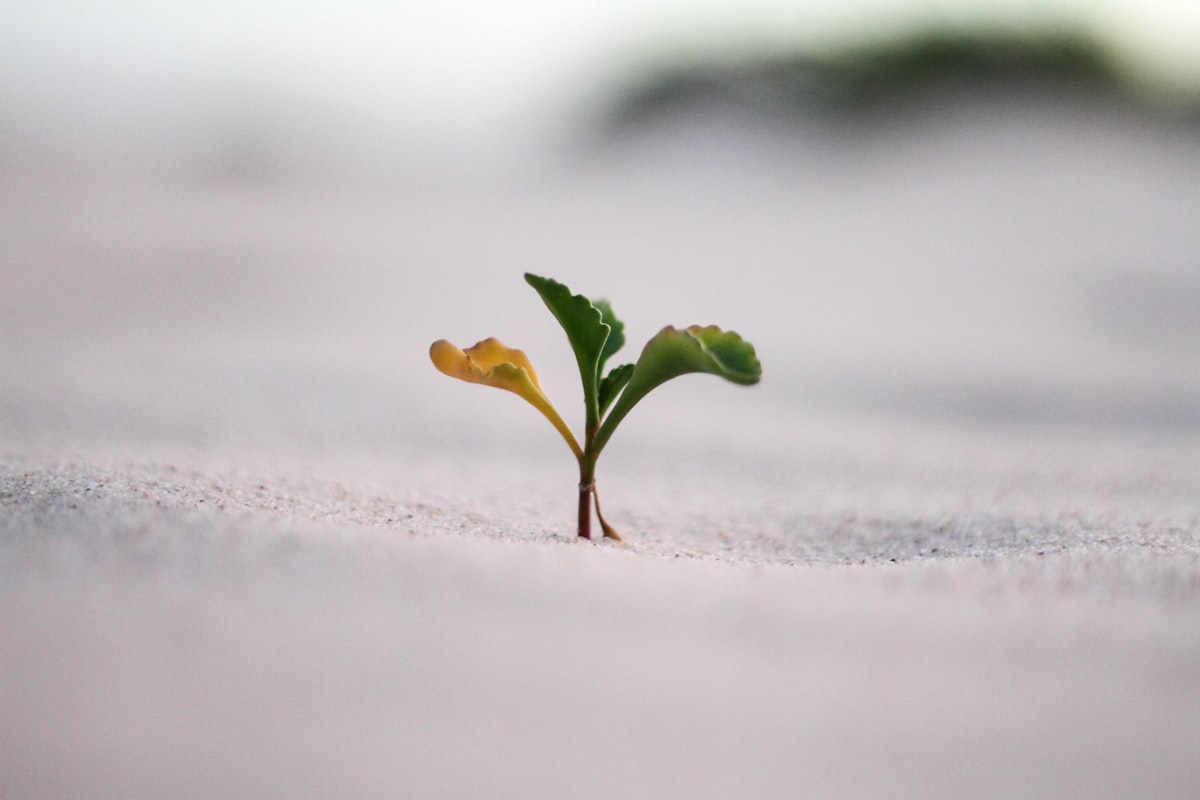How to Build and Maintain a Growth Mindset

Hey friends,
some people say that a growth mindset is a must-have for every human. Unfortunately, it's difficult to actually possess and maintain it. But before diving in on how to accumulate one, what is a growth mindset, and why is it so important?
The growth mindset first appeared in a book by the Stanford Psychologist Carol Dweck. In that book, Dwek shows how people (especially students) can be separated into two different groups. There are people with a growth mindset and people with a fixed mindset.
When having a growth mindset, then you got the belief that one's abilities and intelligence can be developed and improved through effort, learning, and experience. It is the opposite of a fixed mindset, which is the belief that one's abilities and intelligence are fixed and cannot be changed.
People with a growth mindset tend to embrace challenges, see failures as opportunities to learn and grow, and persevere through setbacks. They believe that they can improve their abilities and become more intelligent over time through hard work and dedication. Whilst, people with a fixed mindset may avoid challenges and see failures as evidence of their lack of ability.
Do you see why it's advantageous to have a growth mindset? It's a much better anchor for motivation because you don't believe that external causes are the reason you achieved or missed success, but internal factors. You start to be less intimidated by “talent” or even “genius” because from your perspective it's something that got developed with hard work, which is more true in the pursuit for success and happiness.
Here are some how-tos to develop a growth mindset:
1: Be responsible for everything
In the book “the subtle art of not giving a f*ck”, the growth mindset gets referenced indirectly because Mark Manson literally invents a new saying by just swapping words in a very famous quote.
Instead of:
With great power comes great responsibility
it's:
With great responsibility comes great power
What he basically means is that it's not only mature to take responsiblity more often, but you will notice more oppertunities to improve yourself. For example, if you get a surprisingly bad grade in an exam, or as an oral grade, don't instantly blame the teacher. Thinking this way is the direct path into the fixed mindest. You will start to believe that grades are mostly dependant on luck and that you cant really change much about them. But the real method in this situation is to reflect honestly. Ask yourself if you studied enough, if you actually payed attention in class. Maybe you did study a lot, but still got a bad grade? Well then you have to change your studying methods.
Everytime someting bad happens, even if you don't really have that much to do with it, or it just seems very unfair. Just don't blame others. External factors rarely are the reason you failed. And yes, that might not always be the case, but it's probably better to constantly victimizing oneself, and never improving.
2: Embrace challenges
This is probably the most important principle. When you're scared of saying hello to that person, defently say hello to that person! If some opportunity offers a very demanding task and you are scared of the stress that it's going to cause, still try it out.
People nowadays often have very small comfort zones. It's very important to step outside and expose yourself to fear and excitement. The only way to grow is to collect new experiences. The most wise and relaxed people are often those who traveled a lot and basically changed cities every 5 years or so.
3: Realise that mistakes and failures aren't a bad thing
If you ever tried something really hard, or in general expected to reach somethig big but then failed, that can be a very demotivating experience. It often drives people to stop trying what they did and ultimately give up. The confidence of people often suffers under failures, but like you probably heard a lot already, failures are very important to grow. Hell, often the only way forward! People often don't even try someting because they are so scared of failing allthough, failures are something good, if you see then as opportunities to learn and grow.
Imagine you start your first business with a banger product, but still with loads of effort, can't manage to generate cashflow. Ultimately, the business makes so much losses that it can truly be rated as a failure. It probably happened because you did something wrong, and afterwards, it's your task to recognize where you could have done better. If you get over the first failure and start your next business with a banger product and marketing you will probably see more sucess than before but still not enough. The best entrepeneurs often repeat that process very often until they make a very lucrative business. It's all about the experience and deeply learning from it.
There are a lot of other principles to mention, but I've already said so much. It's crucial to mention that this isn't someting to be taken as dogma. External factors do have a lot to do with our lives, and we don't always have control. Though, even thought a growth mindset might be a wrong approach to life, it's still less wrong than having a fixed mindset. Scientific studies show how students with a good growth mindset found a lot more sucess in life and are a lot more happy in general, so might consider giving some of those principles a chance.
Anyways, hope you learned someting new today. And also, merry christmas!

